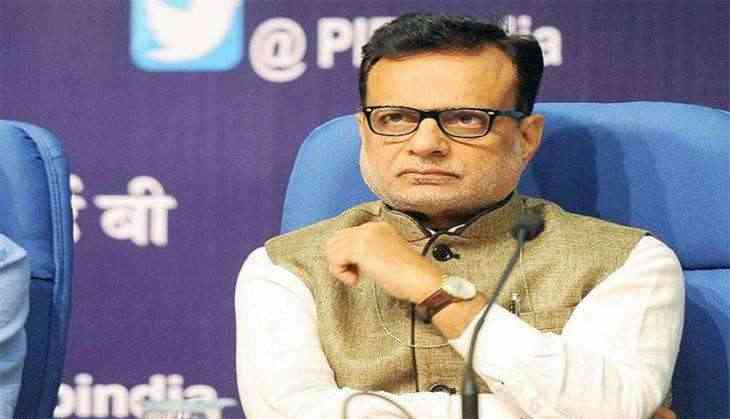
Revenue Secretary Dr. Hasmukh Adhia on Friday clarified that no Goods and Service Tax (GST) on credit card bills before June 30 would be generated, even if payment due date is in July.
Adhia clarified that if the bill, be it a credit card or a Mobile/Telephone bill, is generated in June and the payment due date is in July, then the 18 percent-GST will not be applicable.
He further said that as the bill is generated before July, one will have to pay only the service tax, which is only 15 percent. Same will be applicable for Insurance premiums, traders or vendors of manufacturers, who had received delivery of products on their orders in the month of June and the invoice has been created in the same month.
"In India, most of the businesses are done in one or two month credit. If the vendor is paying to manufacturers in the month of July and the invoices are created in June, then those taxes will be applied, which were existing in the pre-GST regime," he added.
Yesterday, Adhia chaired the first GST Master Class, a series of sessions aiming to assist taxpayers and traders adapt better to the new tax regime.
Addressing an array of topics, Adhia flagged off the first session clarifying the most commonly misunderstood norm of the GST, the query of which state to register from in case of inter-state trade.
"There has been confusion regarding inter-state trade. I would like to clarify that registration has to be done from the state where the goods are being sent from, not the state that is receiving the goods," he said.
With regards to reverse taxation, Adhia clarified that in case of transport aggregators like Uber, Ola and so on, registration needs to be done by the company, and not by the taxi drivers individually. Also, electronic commerce operators will also have to register themselves.
However, agriculturalists and those dealing with the sale of items exempted from the GST are not obligated to register, Adhia clarified.
Stressing on the importance of registration, Adhia asserted that the process can be done only using a PAN card, adding that only one registration number will be provided against a PAN card.
"The registration rule of one number per pan card is not applicable in two cases. One, if the business has multiple verticals. Two, if the operations are domestic and in Special Economic Zones (SEZ). Any modification of a business such as its name, address of business, addition or deletion of partners can be modified only by tax authorities," he said.
-ANI


